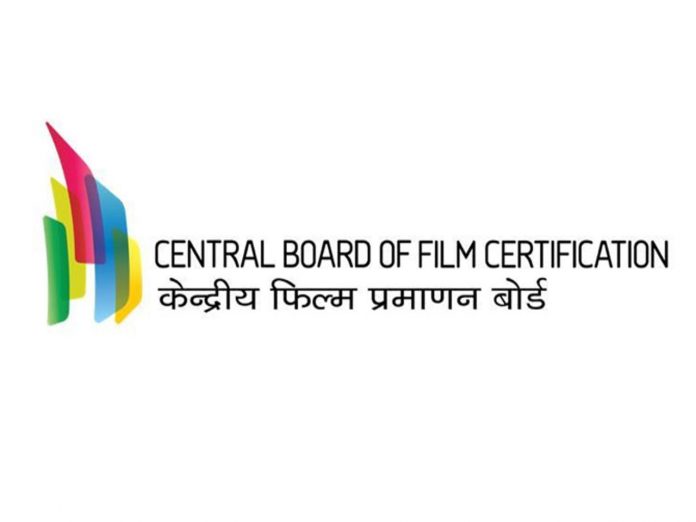The Union Cabinet on April 18 approved the proposal of the ministry of Information and Broadcasting for introducing the Cinematograph Amendment Bill, 2023 to amend the Cinematograph Act, 1952. The Bill aims to comprehensively address the issues relating to film certification.
Firstly, the Bill attempts to address the issue of unauthorised recording and exhibition of films and curb the menace of film piracy by transmission of unauthorised copies on the internet. Secondly, the Bill attempts to improve the procedure for certification of films for public exhibition by the Central Board of Film Certification, as well as improve categorisations of the certification of films. Thirdly, the Bill attempts to harmonise the law with extant executive orders, Supreme Court judgements, and other relevant legislations.
The amendments incorporated in the Cinematograph (Amendment) Bill 2023 provide for:
a) Provisions to check unauthorised recording and exhibition of films amounting to piracy: To check film piracy by way of camcording in the theatres; and also to prohibit unauthorised transmission and exhibition of a pirated copy of any film, strict penal provisions have been incorporated in the Bill. Specific and stricter provisions for tackling film piracy contained in the Bill, would go a long way in effectively tackling the menace of piracy in the film sector. It will allow the government to block websites where unauthorised copies are transmitted.
b) Age-based certification: Introduction of age-based categories of certification by further sub-dividing the existing ‘UA’ category into three age-based categories, viz. seven years (UA 7+), thirteen years (UA 13+), and sixteen years (UA 16+), instead of twelve years. These age-based markers would be only recommendatory, meant for the parents or guardians to consider whether their children should view such a film.
c) Aligning with the Supreme Court judgements: Omission of revisional powers of the Central government as per judgement of the Supreme Court in the case of K.M. Shankarappa vs. Union of India (2001) to ensure that the Act is constitutionally compliant.
d) Perpetual validity of certificates: Removal of the restriction in the Act on validity of certificate for only 10 years for perpetual validity of certificates of the Central Board of Film Certification (CBFC).
e) Change of category of film for Television: Recertification of the edited film for television broadcast, as only ‘Unrestricted Public Exhibition’ category films can be shown on television.
f) Reference to Jammu and Kashmir: Omission of references to the erstwhile state of Jammu and Kashmir from the Act, as with the coming into force of the Jammu and Kashmir Reorganisation Act, 2019, all special provisions in Central laws related to the applicability of those laws in Jammu and Kashmir have become redundant.
The proposed amendments would make the certification process more effective, in tune with the present times, and comprehensively curb the menace of film piracy, and thus help in faster growth of the film industry and boost job creation in the sector.
The Cinematograph (Amendment) Bill, 2019 was introduced in the Rajya Sabha on 12th February, 2019 with the approval of the Cabinet. It proposed changes relating only to the issue of film piracy through camcording in film halls. The 2019 Bill was referred to the Standing Committee on Information Technology, which presented its report on 16th March, 2020.
In the recommendations made by the Standing Committee on Information Technology, it emerged that not only did the piracy issue need to be tackled more comprehensively but there was also a need to improve the effectiveness of the certification process. Accordingly, a revised Cinematograph (Amendment) Bill, 2021 was prepared. Subsequently, the Cinematograph (Amendment) Bill, 2023 was finalised after seeking public comments followed by several rounds of stakeholder consultations with the film industry.





























